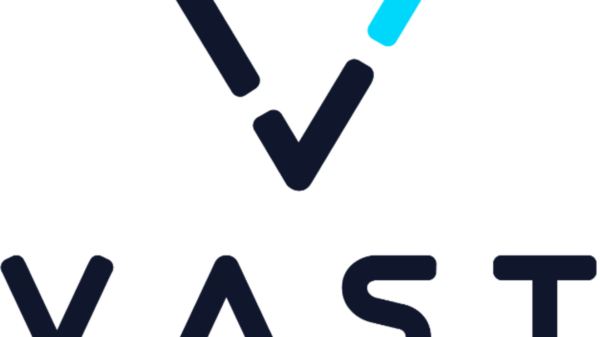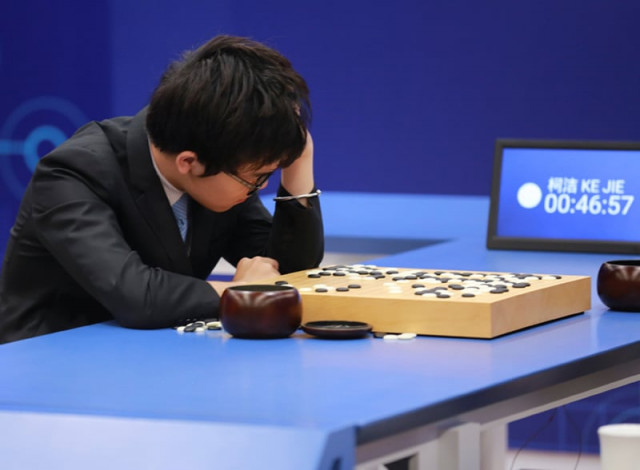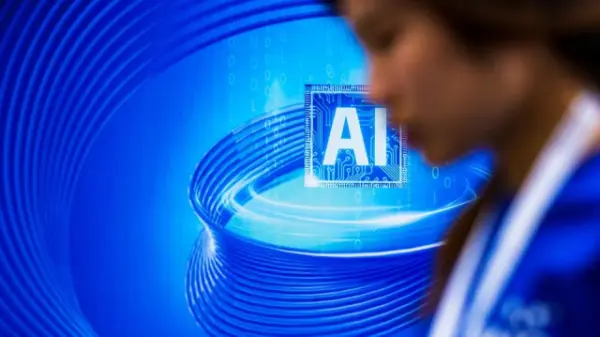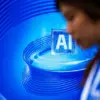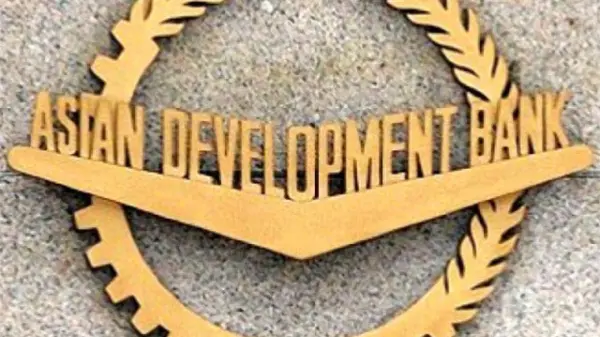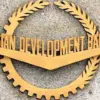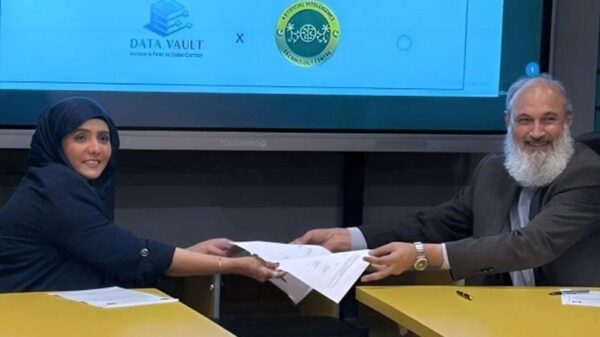During the recent 10th Adab Festival, experts emphasized the urgent need for improved AI literacy among children as artificial intelligence tools become increasingly integrated into daily life. This festival, held in Karachi, Pakistan, featured its inaugural session dedicated to AI, which highlighted the growing concerns surrounding the unregulated exposure of children to these technologies.
Among the speakers were Sadaf Bhatti, Vice Principal of Happy Palace School, and Dr. Salman Ahmed Khattani, Associate Professor at Iqra University. Dr. Khattani raised alarms regarding the implications of leaving children “at the mercy of Artificial Intelligence (AI).” He argued that as children become more reliant on AI without an understanding of its underlying principles, terms like “vibe coding” have swiftly entered their lexicon this year, indicating a shift towards superficial engagement with technology.
The Human Factor in an Automated World
Dr. Khattani pointed out a troubling trend: while humans have historically been expected to “perform like machines,” the advent of automation is now necessitating a societal shift back to understanding what it means to “be human again.” He cautioned that unsupervised interactions with AI could be detrimental to children’s cognitive and emotional development. In a personal anecdote, he shared how his mother utilized an AI chatbot to create a tailored diet plan, highlighting both the potential benefits and the risks associated with AI use.
Bhatti echoed these concerns, stating that her institution has implemented two AI-powered robot teachers—one for instruction and another for supervision. After a two-year period of observation, she noted that these AI systems exhibited “traces of emotional response” in their interactions. This raises questions about the implications of AI’s emotional intelligence on educational environments.
The Path to AI Integration in Education
Despite the rapid advancements in AI technology, Bhatti expressed concern that many schools in Pakistan have yet to embrace AI on a significant scale. However, she pointed out that the province of Punjab has introduced an AI policy aimed at training thousands of educators over the next two years. This initiative signals a pivotal step toward integrating AI into educational curricula, ensuring that future generations are not only consumers of technology but also competent users of AI tools.
As the world progresses toward the possibility of achieving Artificial General Intelligence (AGI), Dr. Khattani posited that the nation that reaches this milestone first could be positioned as a future superpower. This prospect underscores the importance of equipping children with the skills to navigate an AI-driven landscape effectively.
In conclusion, the discussions at the 10th Adab Festival underscore the critical need for a balanced approach to AI exposure among children. As AI continues to permeate various aspects of life, educational institutions and parents must prioritize fostering a deeper understanding of these technologies. Integrating AI literacy into both home and school environments will be essential for nurturing a generation that can thrive alongside and, ultimately, harness the potential of artificial intelligence responsibly.













